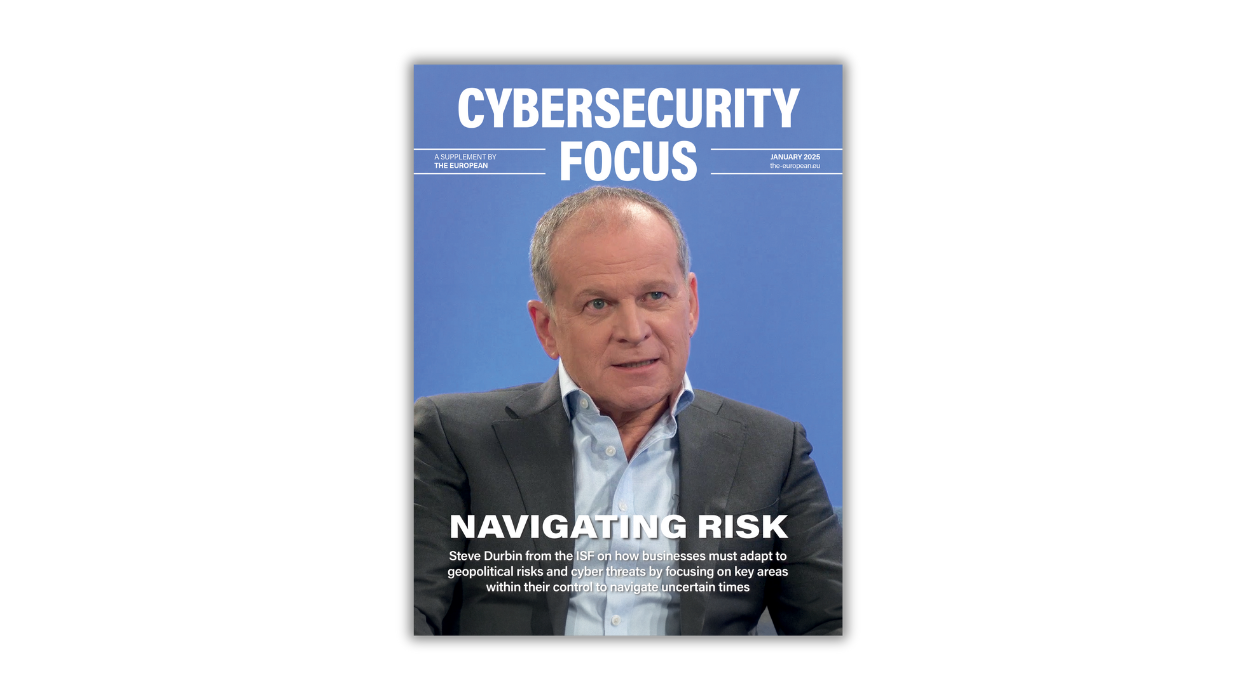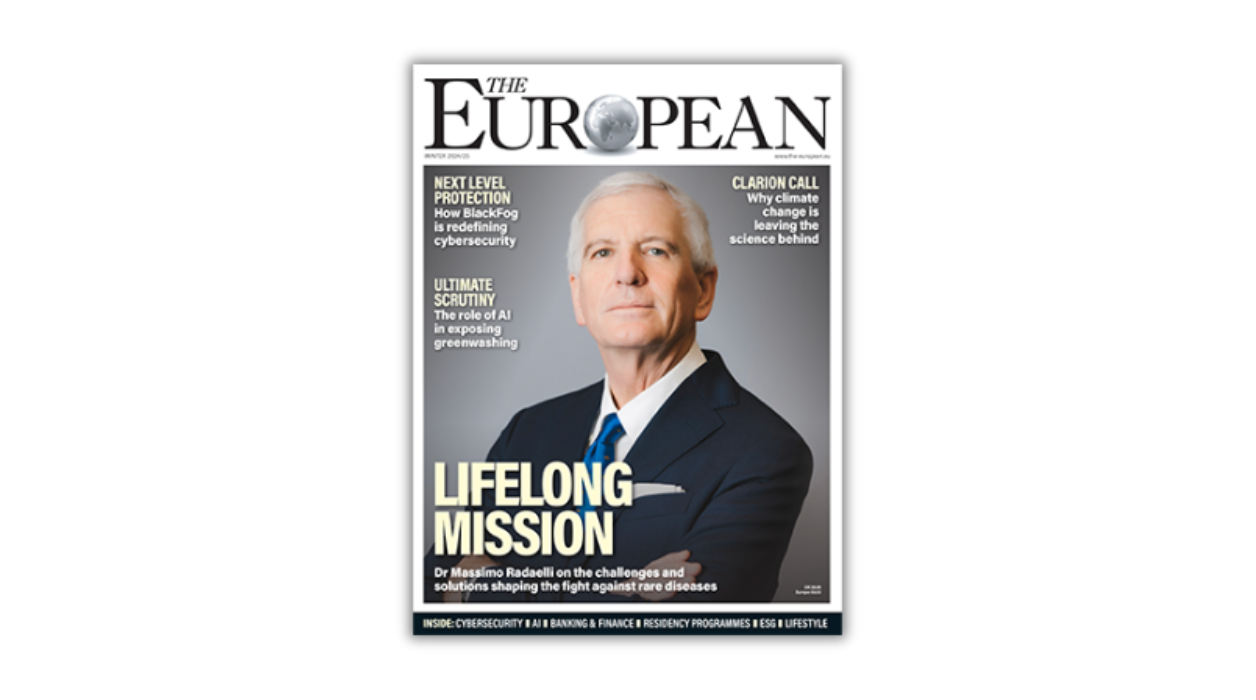Being a broker at work leads to burnout and abuse

John E. Kaye

Employees who act as brokers, i.e., they sustain communications between co-workers who do not communicate directly, are more likely to burn out and become abusive towards their co-workers, according to new research from ESMT Berlin.
This research, led by Eric Quintane, associate professor of organisational behaviour at ESMT Berlin, examines the psychological costs of having to sustain communications with co-workers who do not communicate directly with each other. They could be co-workers who are in different units, regions, or time zones, which makes it hard for them to communicate. They could also be co-workers who have different expertise or focus or are in conflict with each other, and they require someone else as an intermediary to coordinate their activities. Although there are significant benefits to being a broker, such as increased performance, creativity, or faster promotions, brokers who keep intermediating third parties increase their risk of burnout and abuse.
The research project spans three studies using different methodologies, measurements, and cultural contexts. In the first study, the researchers studied employees’ email exchange records as well as burnout and abusive behaviour data for over 1,500 employees of a large South American university over a five-month period. Study 2 used an online longitudinal survey with employees based in the US, while Study 3 used an experimental design that assigned employees randomly to sustain communications with disconnected co-workers. All three studies point in the same direction: When employees communicate with co-workers who cannot or do not want to communicate directly, they experience increased burnout, which then leads to a higher chance of engaging in abusive behaviour.
“Though the benefits of brokering relationships can be consequential, it’s a high-risk, high-reward activity,” says Prof. Quintane. “The increased chances of burnout are detrimental for the broker or the organisation, with the likelihood of that employee needing to take time off after a period of high-stress levels. These high-stress levels are likely to cause brokers to take this out on their co-workers, becoming abusive in their role – this is harmful for the wider organisation, especially because brokers typically play an important coordination role between groups or departments.”
One way to buffer brokers from burnout, Prof. Quintane suggests, is by providing them with opportunities to periodically disengage from their role so that they can replenish their psychological resources. Organisations should encourage employees to take a break after engaging in brokering and encourage brokers to utilise resources that help them deal with the stress involved in brokering.
The research was published in Organization Science. The manuscript may be found here.
Sign up to The European Newsletter
RECENT ARTICLES
-
 Human resources at the centre of organisational transformation
Human resources at the centre of organisational transformation -
 UK government sets up Women in Tech taskforce amid gender imbalance concerns
UK government sets up Women in Tech taskforce amid gender imbalance concerns -
 Liechtenstein lands AAA rating again as PM hails “exceptional stability”
Liechtenstein lands AAA rating again as PM hails “exceptional stability” -
 The Parisian business school quietly reinventing the MBA
The Parisian business school quietly reinventing the MBA -
 UK entrepreneur who founded £1bn firm acquires UAE amateur golf leader to launch world amateur Super League
UK entrepreneur who founded £1bn firm acquires UAE amateur golf leader to launch world amateur Super League -
 Why your home is the best place to teach children leadership
Why your home is the best place to teach children leadership -
 Inside the Spring 2025 Edition of The European
Inside the Spring 2025 Edition of The European -
 The Paris MBA designed for real-world leadership
The Paris MBA designed for real-world leadership -
 Soft2Bet reflects on eight years of leadership and philanthropy in new film featuring CEO Uri Poliavich
Soft2Bet reflects on eight years of leadership and philanthropy in new film featuring CEO Uri Poliavich -
 Global Banking School celebrates ‘milestone’ anniversary
Global Banking School celebrates ‘milestone’ anniversary -
 Saudi Arabia hosts the fourth Riyadh International Humanitarian Forum
Saudi Arabia hosts the fourth Riyadh International Humanitarian Forum -
 New York Congresswoman pushes for Trump’s birthday to be enshrined as federal holiday
New York Congresswoman pushes for Trump’s birthday to be enshrined as federal holiday -
 Red light, green bite: Netflix restaurant opens in Vegas
Red light, green bite: Netflix restaurant opens in Vegas -
 Read our Cybersecurity Focus supplement, featuring insights from Information Security Forum
Read our Cybersecurity Focus supplement, featuring insights from Information Security Forum -
 Davos World Economic Forum 2025: Collaboration for the Intelligent Age
Davos World Economic Forum 2025: Collaboration for the Intelligent Age -
 The European releases its Winter 2024/25 edition
The European releases its Winter 2024/25 edition -
 Read our FDI Focus supplement, featuring insights from Michael Lohan of IDA Ireland
Read our FDI Focus supplement, featuring insights from Michael Lohan of IDA Ireland -
 PizzaExpress to Expand Dough Base Stateside
PizzaExpress to Expand Dough Base Stateside -
 The two core skills middle managers need to navigate stormy weather
The two core skills middle managers need to navigate stormy weather -
 The Role of Financial Regulations in the Online Casino Industry
The Role of Financial Regulations in the Online Casino Industry -
 How to become a game-changer
How to become a game-changer -
 Taking the risk out of BOP ventures
Taking the risk out of BOP ventures -
 Releaf leading the way with marketing
Releaf leading the way with marketing -
 A model for building winning teams
A model for building winning teams -
 Get comfortable with not knowing
Get comfortable with not knowing



























